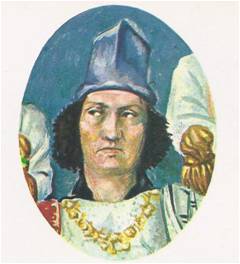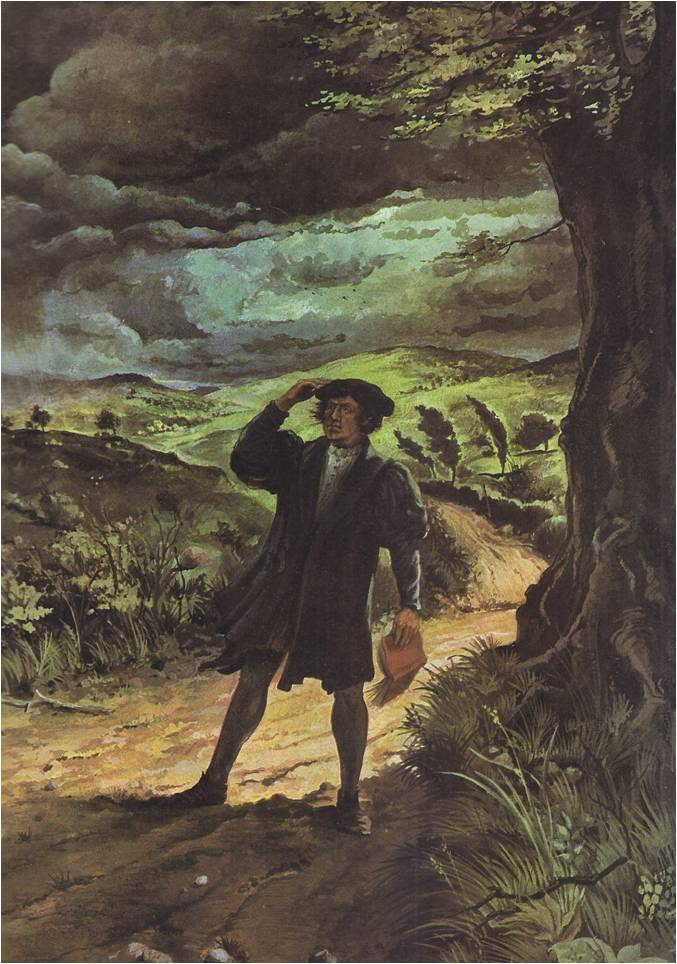WHEN THE MARQUIS DE LAFAYETTE returned to France in 1782, after taking part in the American Revolution, he was hailed as a popular hero. It was pleasant to be welcomed as a champion of liberty, but he had been in America so long that he was beginning to see his own country as an American might see it and he was troubled. France was one of the largest and richest countries in Europe and yet the wealth of the nation was in the hands of a few, while the great majority of the people had almost nothing. He found a …
Read More »Tag Archives: Protestants
France Becomes a Great Nation 1453-1631
WHEN MORE than a century of war between England and France ended in 1453, it was the French king, Charles VII, who was victorious. Although he had driven the English out of France, Charles found himself the king of a sad land. During the wars the great French nobles had fought among themselves as bitterly as they had fought the English and they had become so powerful that they no longer respected their king. France itself was devastated, the people poor and hungry. Paris had been half ruined. Wolves prowled the city by night and twenty-four thousand houses stood empty. …
Read More »The Monk from Wittenberg 1505-1546
ON A SULTRY JULY DAY IN 1505, a young law student, Martin Luther, was walking along a country road in Germany when a summer storm blew up. The air grew heavy and black clouds filled the sky. Before Luther could take shelter, thunder began to crash. A bolt of lightning struck the road almost at his feet. Thrown to the ground, he lay shaking, not certain whether he was alive or dead. “Help me, Saint Anne,” he cried, “help me and I will become a monk.” After a moment, Luther’s trembling stopped. He stood up, found that he was not …
Read More »

